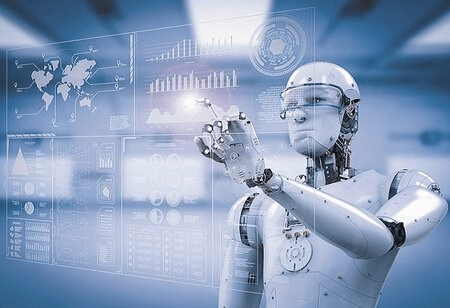Some of the mergers-and-acquisitions advisory business involves rigorous financial analysis, hard-nosed negotiation, deep knowledge of financing markets and regulatory regimes, nuanced understanding of executive personalities and corporate cultures, accumulated wisdom and personal charisma. But some of it involves, like, you get a list of companies, you make 100 educated guesses about companies that might want to sell, you make five educated guesses about who might want to buy each of them, you write 600 polite and analytical coldish emails saying “hey let’s talk about selling you to X” or “let’s talk about you buying Y” or whatever, and you see what you get. And that part of the job, a computer can do just so much faster than you can. This guy knows:
Shunsaku Sagami saw firsthand the growing succession problem among entrepreneurs in Japan, which is grappling with the world’s oldest population.
The 32-year-old’s solution: using a proprietary database and artificial intelligence to broker deals for small- and medium-sized companies — largely those founded by clients now on the brink of retirement. …
Unlike M&A consultants, who often rely on regional banks for introductions and compete with each other for deals, M&A Research Institute uses the extensive database it built to do the matchmaking, focusing on companies with sales up to ¥500 million. Its advisers then do the negotiations, and an agreement can be completed within six months — shorter than the timeframe for a typical acquisition, even when there are no regulatory hurdles.

In the current enthusiasm for large language models like ChatGPT, people worry that these models sometimes introduce inaccuracies — “hallucinations” — into their work product; they pattern-match based on existing text instead of actually “knowing” anything. In some financial businesses this would be very bad: If you are picking stocks or writing investment research, a few mistakes would really detract from performance. But in M&A that’s fine! Everyone’s hit rate for pitching deals is pretty low; if you send some company a cold email that gets its earnings wrong then you might lose that deal, but there are so many more to chase. “Pretty good, very confident and efficient” is the AI specialty, and it suits M&A pitching.
Why stop there I guess. Then does the AI build the financial model for you? Draft the merger agreement? Those are kind of pattern-matching jobs too; I bet the AI would be fine.
Of course the very highest and best use of AI is to produce documents that, for reasons of tradition or regulation, need to be produced but that no one will actually read. Or speeches that are called for by the occasion but that no one will listen to:
US Senator Richard Blumenthal opened a hearing on AI with a recording of his voice describing the risks of this emerging technology.
“Too often we have seen what happens when technology outpaces regulation,” he said. “The unbridled exploitation of personal data, the proliferation of disinformation and the deepening of societal inequalities.”
But he didn’t write it and he didn’t record it.
Drawing chuckles from the hearing room on Tuesday, the Connecticut Democrat said the text was written by OpenAI’s ChatGPT and the audio was a voice application trained on his speeches on the Senate floor.
Oh no! Using AI might introduce errors into the opening remarks at a Senate hearing! Imagine the consequences!
